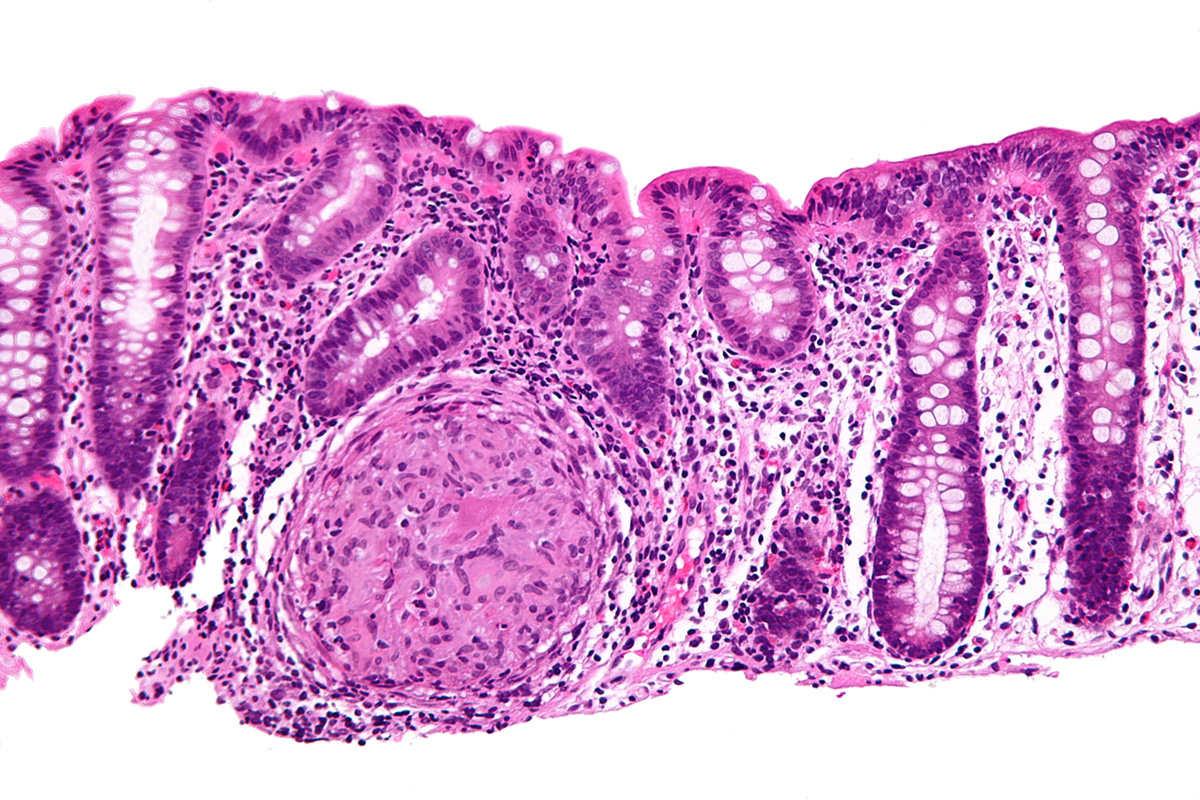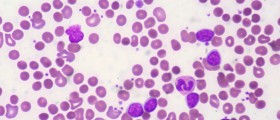
Inflammatory bowel disease is a group of chronic bowel disorders affecting the colon and small intestine. This group of disorders is characterized by inflammation and swelling of the intestines, which is probably a result of immune reaction of the body against its own tissue. In other words, the disease is autoimmune, and the body mistakenly attacks its own cells to destroy them. It is estimated that somewhere around 1 million Americans suffers from inflammatory bowel disease. The disease is commonly diagnosed somewhere between the ages of 15 and 30, but it can equally affect young children or elderly population.
Types of chronic bowel disease
There are many different types of inflammatory bowel diseases but the most common are Crohn’s disease and ulcerative colitis. Crohn's disease may affect any part of the gastrointestinal tract from the mouth to the anus, causing abdominal pain, diarrhea, vomiting or weight loss. Ulcerative colitis is a form of colitis, a disease of the intestine, specifically the large intestine or colon, characterized by formation of ulcers or open sores in the colon. Other inflammatory bowel diseases include collagenous colitis, lymphocytic colitis, ischaemic colitis, diversion colitis, Behçet's disease, and indeterminate colitis.
Causes of chronic bowel disease
Scientists are yet unsure what exactly causes inflammatory bowel disease. The disease is most common in North America and Western Europe. Possibly, a combination of different factors triggers the body’s immune system to attack its own cells. Genetic, immunologic, infectious, and psychological factors are possibly associated with chronic bowel diseases.
Symptoms of chronic bowel diseases
Inflammatory bowel diseases usually manifest in episodes. There are periods in which the disease flares up and causes symptoms. After this episode, a remission will follow, in which the symptoms decrease or totally disappear. The symptoms may be very mild or extremely severe, and they usually include abdominal cramps and pain, blood in the stool, extreme urgency to empty the bowels, fever, fatigue, loss of appetite, weight loss, and anemia.
Treatment for chronic bowel diseases
The exact treatment for inflammatory bowel disease depends on the type of the disease. Change in the dietary habits may help to ease the symptoms and decrease the frequency of bowel movements. The uses of liquid diet or predigested formula are also helpful. The aim of the treatment is to suppress the abnormal inflammatory response and create the conditions for healing of the tissues. When this goal is accomplished, medical treatment is used to lessen the frequency of flare-ups and uphold the remission.

















Your thoughts on this
Loading...